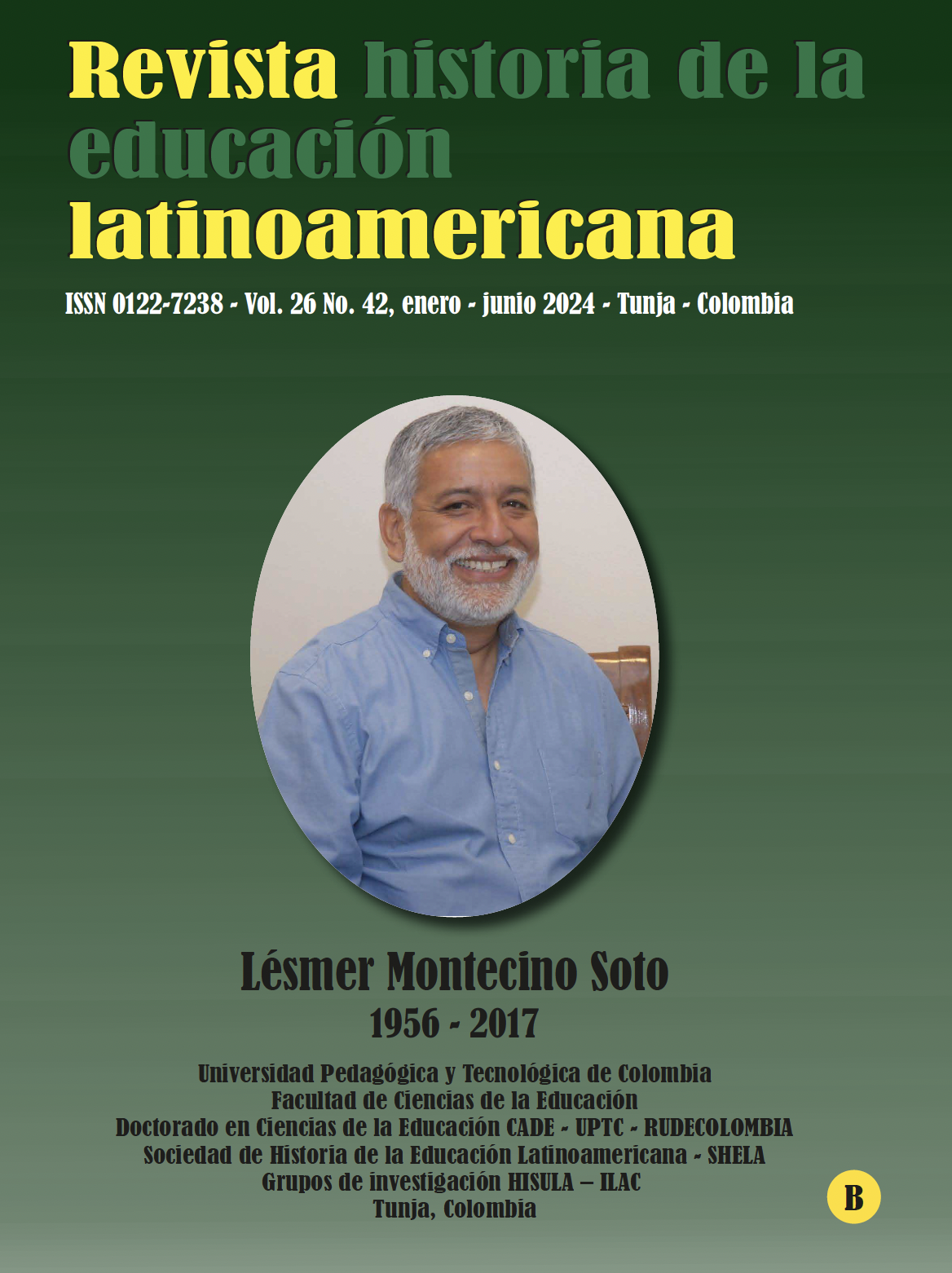Potential and Challenges of Discourse Analysis in Interdisciplinary Research, Education, and Teaching

Abstract
Objective: This paper reflects on the potential and challenges of the theoretical and methodological framework of discourse analysis for interdisciplinary research and teaching tasks in social sciences and humanities.
Originality/support: Discourse analysis provides a qualitative approach to a wide range of social phenomena. However, the procedures for conducting discourse analysis are not always clear, and they are often considered exclusive to disciplines such as linguistics or semiotics.
Method: Reflections based on direct experiences in research, education, and teaching.
Strategies/Data collection: The starting point is to define the concept of discourse and its significance in social life. Furthermore, it involves contemplating how discourse can be analyzed from various disciplines and exploring the points of convergence between discourse and other language-based concepts, such as ideology, power, or identity. Subsequently, the paper establishes the indispensable conditions for analyzing discourses: interdisciplinary, complex, multiscale perspectives that are always framed within context. Finally, potential applications of discourse analysis in social sciences and humanities are explored.
Conclusion: Exploiting the potential of discourse analysis to approach diverse social phenomena requires transcending disciplinary boundaries and constructing complex objects of study that take into account the contextual and historical dimensions from multiscale and interdisciplinary perspectives.
Keywords
Interdisciplinary research, social sciences and humanities, professional education, qualitative analysis
Author Biography
Eva Salgado Andrade
Profesora-Investigadora en el Centro de Investigaciones y Estudios Superiores en Antropología Social (CIESAS). Líneas de investigación: Análisis de discurso (politico, periodístico, redes sociodigitales); antropología semiótica.
References
- Bajtín, Mijail. Estética de la creación verbal. México: Siglo Veintiuno Editores, 1997.
- Benveniste, Émile. Problemas de lingüística general II. México: Siglo Veintiuno Editores, 1978.
- Berger, Peter y Thomas Luckmann. La construcción social de la realidad. México: Amorrortu Editores, 2001.
- Bourdieu, Pierre, Jean Claude Chamboredon y Jean Claude Passeron. El oficio de sociólogo. Buenos Aires: Siglo XXI Editores, 2002.
- Charaudeau, Patrick. “Semiolingüística y comunicación”. Núcleo n.° 4 (1986). http://www.patrick-charaudeau.com/Semiolinguistica-y-Comunicacion.html
- Floridi, Luciano. The Onlife Manifesto. Being Human in a Hyperconnected Era. Oxford: Springer, 2015.
- Foucault, Michel. Tecnologías del yo y otros textos afines. Barcelona: Ediciones Paidós Ibérica, 1988.
- Giménez, Gilberto. La cultura como identidad y la identidad como cultura. México: UNAM, 2003.
- Hall, Stuart, “¿Quién necesita identidad?” En Cuestiones de identidad cultural, compilado por Stuart Hall y Paul Du Gay, 13-39. Buenos Aires, Argentina: Amorrortu, 2003.
- Hodge, Bob, Social Semiotics for a Complex World. Analysing Language and Social Meaning. Cambridge: Polity, 2017.
- Jodelet, Denise. “El movimiento de retorno al sujeto y el enfoque de las representaciones sociales”. Cultura y Representaciones Sociales, 3, n.° 5 (2008): 32-63. http://www.scielo.org.mx/pdf/crs/v3n5/v3n5a2.pdf
- Lévi-Strauss, Claude. Elogio de la antropología. Buenos Aires: Ediciones Caldén, 1976.
- Morris, Charles. Fundamentos de la teoría de los signos. Barcelona: Paidós, 1971.
- Ricoeur, Paul. La memoria, la historia, el olvido. México: Fondo de Cultura Económica, 2003.
- Salgado Andrade, Eva. Los estudios del discurso en las ciencias sociales. México: UNAM, 2019.
- Trew, Tony. “Teoría e ideología en acción”. En Lenguaje y control, editado por Roger Fowler et al., 127-158. México: Fondo de Cultura Económica, 1983.
- Verschueren, Jef. Para entender la pragmática. Madrid: Editorial Gredos, 2002.
- Watzlawick, Paul, Janet Beavin Bavelas y Don D. Jackson. Teoría de la comunicación humana. Interacciones, patologías y paradojas. Barcelona: Herder, 1997.
